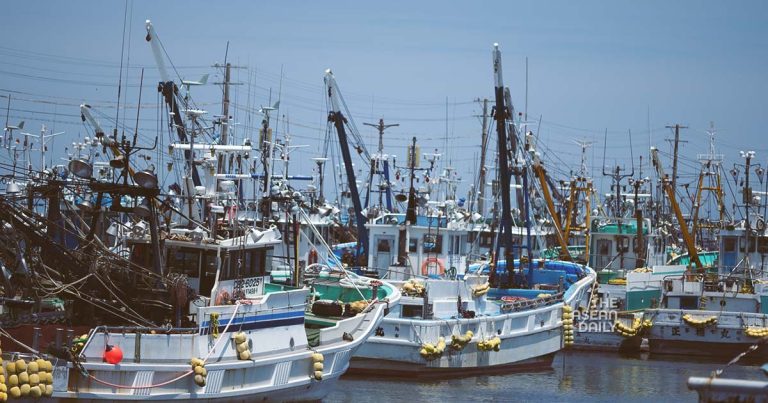31-10-2023 (TOKYO) The United States has initiated a large-scale purchase of Japanese seafood to meet the needs of its military stationed in Japan, following China’s ban on such products. The ban was imposed after Japan released treated water from the damaged Fukushima nuclear plant into the sea. US Ambassador to Japan, Rahm Emanuel, revealed this initiative in an exclusive interview with Reuters on Monday.
Emanuel emphasized that the US should explore broader measures to counter China’s ban, which he regarded as part of their “economic wars.” China, previously the largest buyer of Japanese seafood, justified its ban by citing concerns over food safety. However, the United Nations’ nuclear watchdog has affirmed the safety of the water released from the Fukushima plant, which began in August. In response, G7 trade ministers have called for an immediate repeal of bans on Japanese food.
“The US armed forces and the fisheries and co-ops here in Japan will have a long-term contract,” stated Emanuel. “The most effective way to counter China’s economic coercion is to extend support and assistance to the targeted country or industry,” he added.
When asked about Emanuel’s comments during a press conference, China’s foreign ministry spokesperson Wang Wenbin responded by saying that diplomats should promote friendship between countries rather than smear other nations or incite trouble.
Under the current scheme, the initial purchase by the US involves a small quantity of scallops, just shy of a metric ton. This is a minuscule fraction of the over 100,000 tons of scallops exported by Japan to mainland China last year. Emanuel mentioned that the purchases would gradually expand to include various types of seafood, serving soldiers in mess halls, aboard vessels, and being sold in shops and restaurants on military bases. He further revealed that the US military had not previously procured local seafood in Japan.
In addition to seafood, Emanuel expressed the possibility of reviewing overall fish imports from Japan and China. The US is also engaged in discussions with Japanese authorities to facilitate the direct supply of locally-caught scallops to US-registered processors.
Addressing his stance on China, Emanuel, who formerly served as White House chief of staff under former US President Barack Obama, rejected the label of being hawkish and instead identified himself as a realist. He emphasized the importance of honesty in maintaining stability and understanding in bilateral relationships. Emanuel criticized China for facing significant economic challenges, aggravated by a leadership that seemed determined to distance itself from international systems.
Emanuel also expressed interest in observing how China’s leadership responds to the recent passing of former Premier Li Keqiang, a reformist who had been marginalized during President Xi Jinping’s tenure. He noted that China’s treatment of Li’s funeral and the comments made about him would provide insights into the country’s internal dynamics.
“It’s intriguing to see how they will handle his funeral and the remarks in relation to him,” Emanuel said. “I believe there’s a segment of China that views his policies as representing the best of China. However, it is up to China to make that judgment.”




